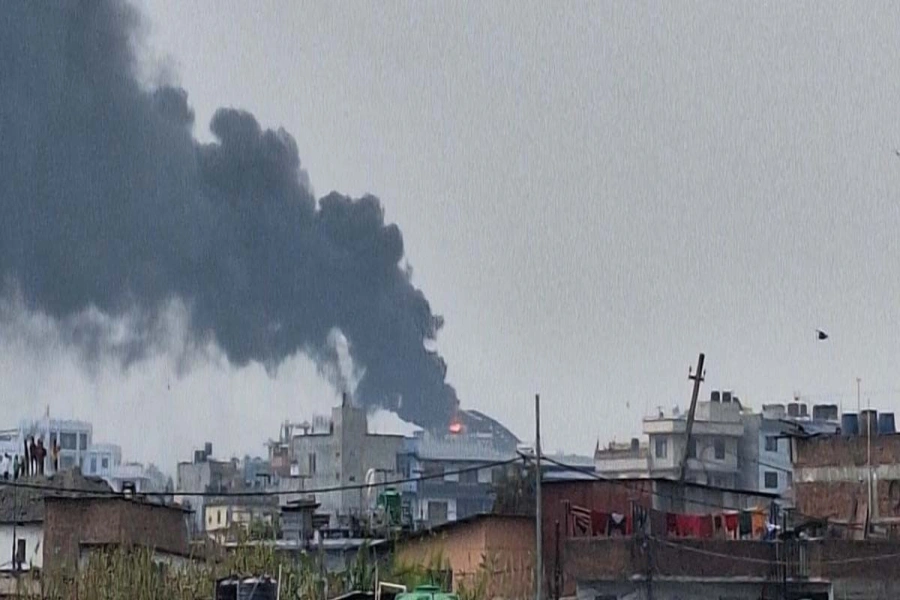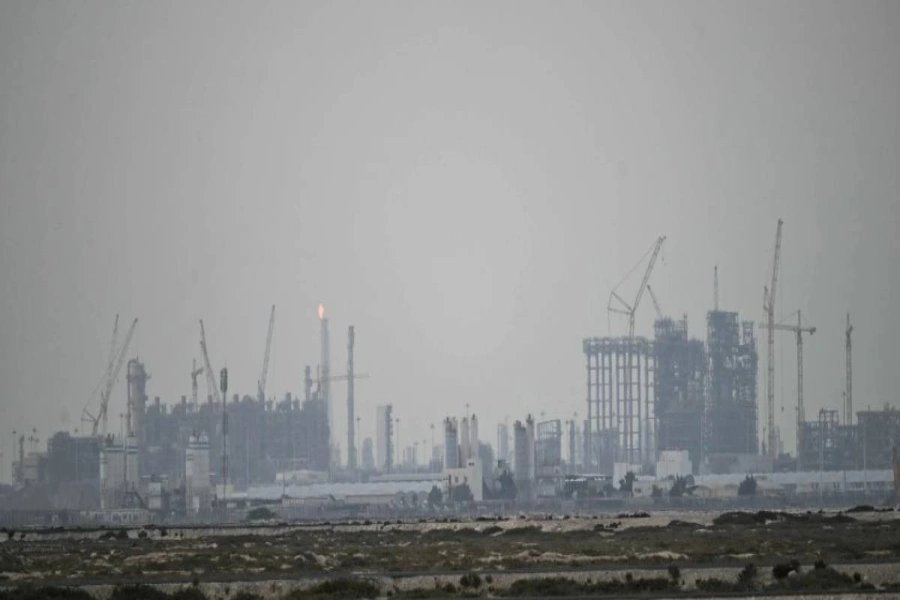Move aimed at facilitating the inflow of remittance via formal channels
KATHMANDU, April 6: Citing depleting foreign currency reserves of the country, the government is considering enforcing a number of measures that include facilitating outbound workers to send more remittance, reducing consumption of petroleum products and controlling the import of luxury items.
In a meeting of the high-level officials of various government ministries and Nepal Rastra Bank (NRB) on Tuesday, the authorities sought to introduce a special package for the outbound workers so that they send the remittance through formal channels. Providing a premium rate on the foreign currencies they exchange, increasing the interest rate on the remitted amount and adopting flexible measures while providing permits for foreign employment are among the recommendations that the government authorities forwarded to boost the inflow of remittance into the country.
China’s positive gesture

The meeting also suggested the government take stern action against those involved in hundi business. Similarly, the participants urged the government also to waive registration fee and to subsidize tax for the business to be pinned up by the investment of remittance amount.
Nepal has been facing a heavy drain of foreign currency reserves mainly due to the fall in remittance inflow and widening trade deficit. The country now has foreign currency reserve to finance imports of around 6.5 months.
Citing worsening macroeconomic indicators, NRB on Monday asked the executives of commercial banks to tighten opening letter of credit accounts for import of over 300 non-essential goods including gold, silver and automobiles. Similarly, the central bank has also requested Nepal Oil Corporation (NOC) to adopt necessary measures to reduce the import of petroleum products.
According to an official of NRB, the central bank now is not in a position to provide additional amounts of foreign currencies even to import petroleum products. Currently, Nepal has been importing fossil fuels worth around Rs 30 billion per month.






-1200x560-1772467693.webp)





























